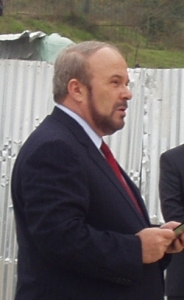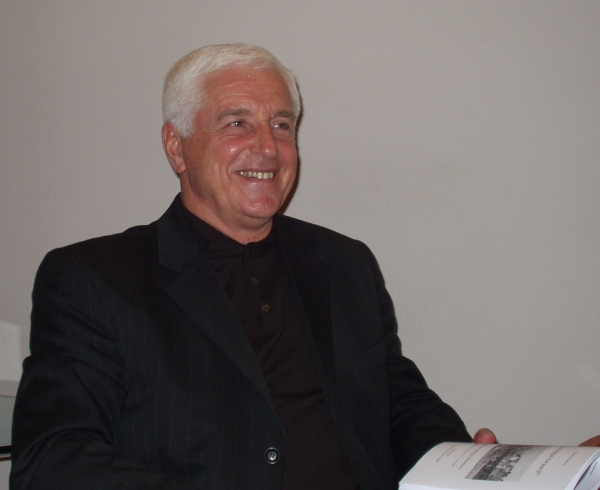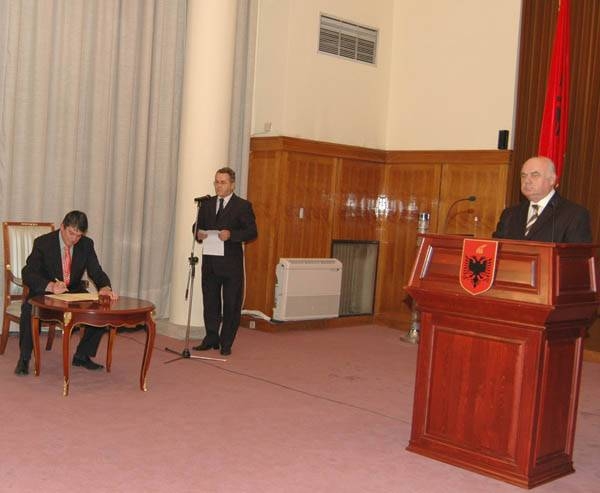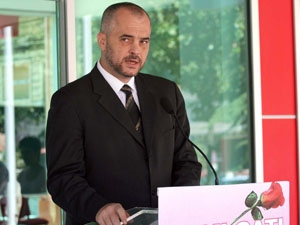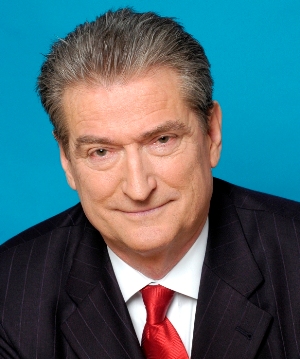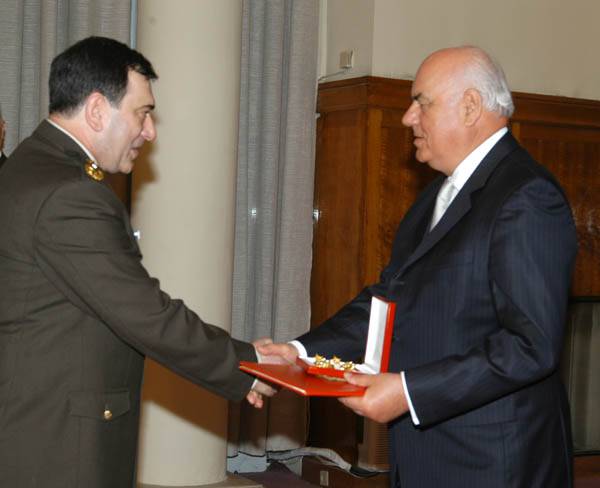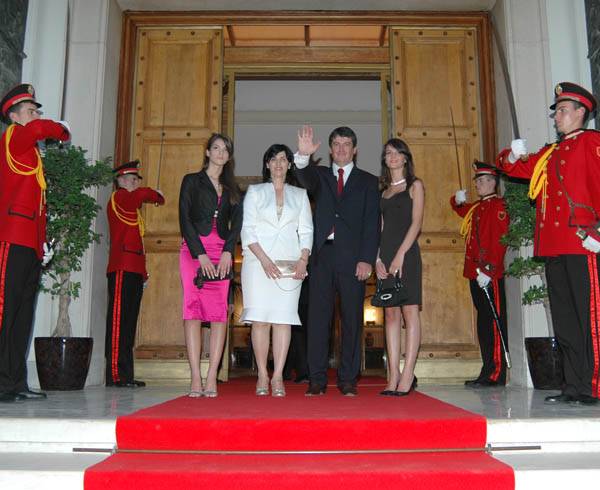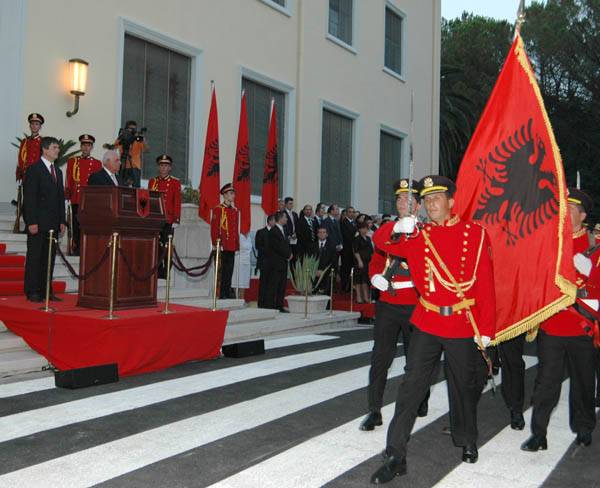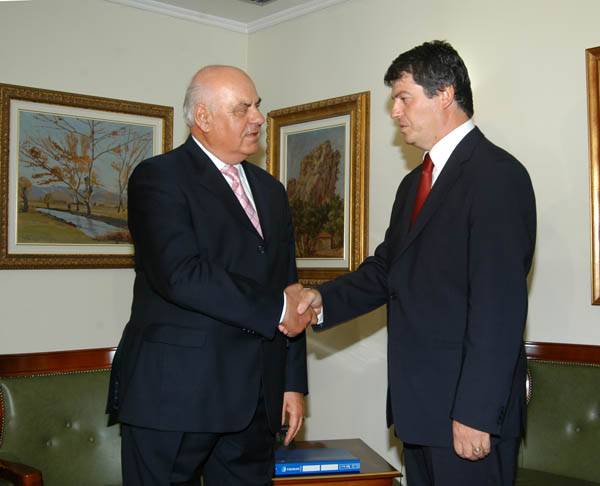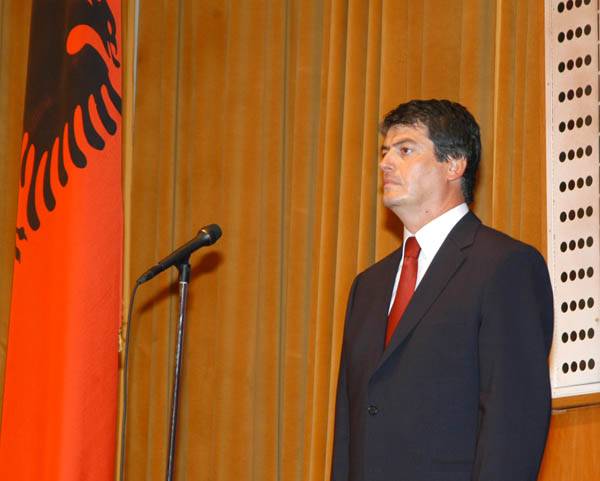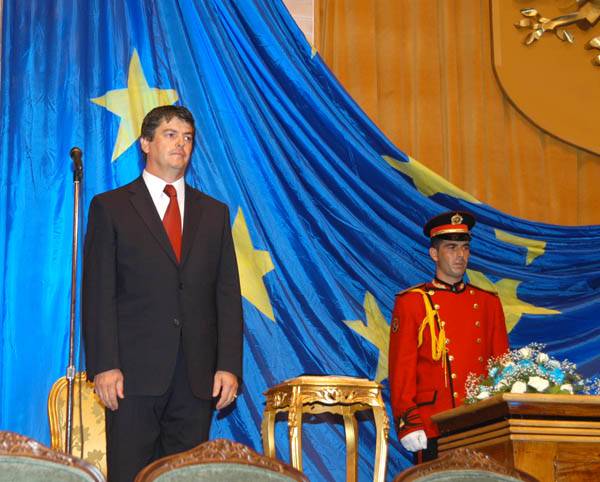|
Oversigtsskema
|
Kosóva-Albanerne
|
Kosovo-Serberne og Serbien
|
Andre i Kosovo/Kosóva og udenfor
|
|
Demografisk
|
Ca. 90% af befolkningen er Albanere. De bor i den største del af Kosóva Syd for Mitrovica/Ibar (enkelte bord Nord for eller er flygtet derfra til andre dele af Kosóva)
|
Den Serbiske minoritet bor Nord for Mitrovica/Ibar og i mindre lommer Syd for (eller er flygtet derfra til Serbien; tallet på flygtningene er usikkert men er formentlig over 100.000. Der har - med UNMIK's og NATO's bistand - været gjort forsøg på tilbageflytninger, men omfanget - og successen - har været begrænset).
|
Dertil kommer andre mindre befolkningsgrupper (bl.a. Roma'er)
|
|
Kulturelt (klostre m.v.)
|
Der var i 2004 omfattende, hæslige 'etniske' udladninger fra Albansk side - se: http://bjoerna.net/sidste-nyt/206.htm. Der er en vis risiko for, at der kan ske - større eller mindre - udladninger, hvis der ikke snart sker noget tydeligt mht Kosóva's fremtidige status.
Forhåbentlig har de Albanske ledere lært noget positivt af hæslighederne i 2004, som i bund og grund havde Albansk årsag, selv om en del Albanere stadig tror at urolighederne var fremkaldt af Serbiske overgreb. Forhåbentlig vil man gå massivt ind for at forhindre gentagelser, men det er langt fra sikkert - også selv om PM Agim Çeku synes at være en både stærkere og mere fremadskuende politiker end flertallet af de øvrige.
|
De vigtigste Serbiske Klostre og Kirker ligger Syd for Ibar, således fx Gracania Syd for Prishtina og flere 'steder' i Prizren (se fx: http://www.coe.int/t/DG4/Expos/expoprizren/index.html).
|
-
|
|
Økonomisk
|
Betydelig Kosóva-Albansk interesse i ejerskabet til miner og virksomheder i Trepça-området. Man har forventninger om at minedrift og fremstillingsvirksomhed (foruden støtte fra EU) skal finansiere en genopbygning. En stor del af økonomien er 'grå' (dvs. uden for beskatning) eller 'sort' (kriminel). Udenlandske kommercielle investeringer er særdeles begrænsede. Den officielle arbejdsløshed er meget høj.
|
Betydelig Kosovo-Serbisk interesse i ejerskabet til miner og virksomheder i Trepça-området. Serbien har siden 1999 været økonomisk engageret Nord for Ibar (fx mht finansiering af offentlig virksomhed).
|
EU har siden 1999 været involveret i økonomisk genopbygning og er indstillet på et fortsat engagement. Man kalkulerer med at Trepça-aktiviteter i det lange løb skal bidrage til den økonomiske 'opretning' af området.
|
|
Politisk
|
Kosóva Albanerne mener at Kosovo (der formentlig også déngang havde et klart Albansk flertal) blev besat af Serbien i 1912. Man er siden da - og frem til 1999 - blevet undertrykt, især i Rankovic-perioden og i Milosevic-perioden. Man har i mange år krævet at Kosóva skulle være en selvstændig stat. Det politiske lederskab har relativt meget fokus på selvstændighedstemaet, hvorimod man har vist påfaldende behersket interesse for at vise imødekommenhed over for det Serbiske mindretal. Man var meget langsomme mht at tage afstand fra de Albanske overgreb på Serberne i 2004. Man satser relativt meget på Amerikansk bistand til at sikre uafhængighed.
|
Kosovo Serberne (og mange Serbere i øvrigt) mener at den Serbiske nation siden Middelalderen har haft sit sæde i Kosovo (omend den blev 'elimineret' af det Osmanniske styre, der 'sad' på området fra 1400-tallet og frem til sit sammenbrud i begyndelsen af 1900-tallet). Kosovo som helhed tilfaldt Serbien ved Versailles-traktaten. Kosovo har været en del af Serbien eller en provins i Serbien siden da, og man har ikke - i 1999 - givet afkald på suveræniteten over området.
|
-
|
![]()
![]()



